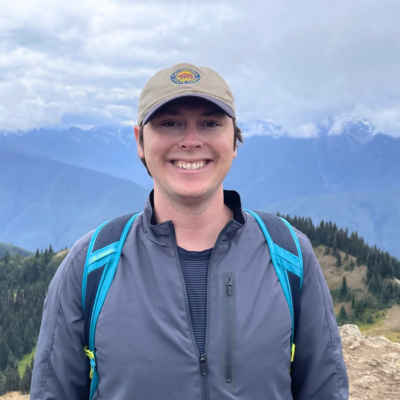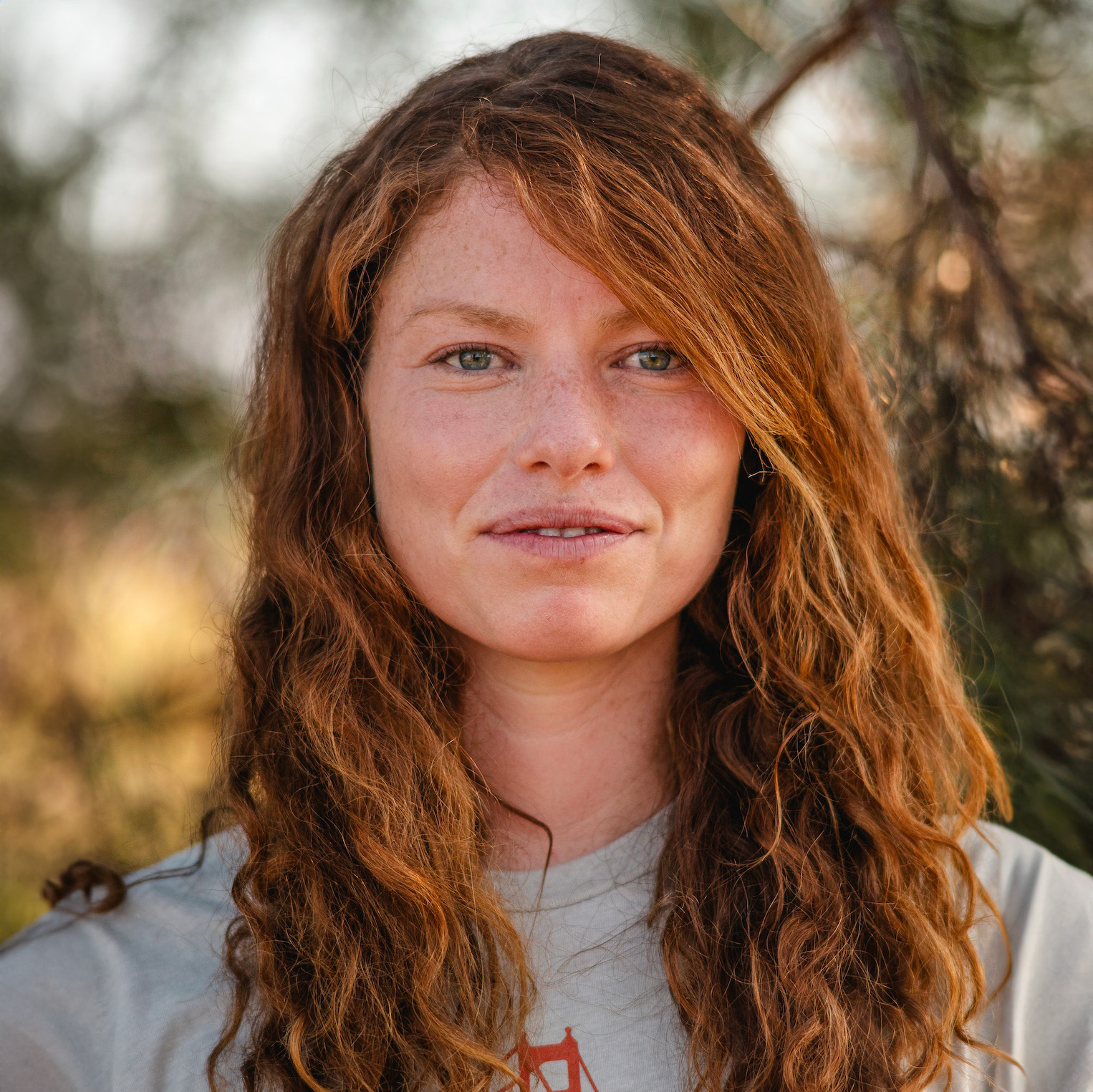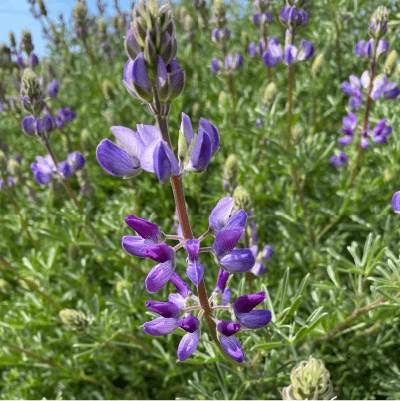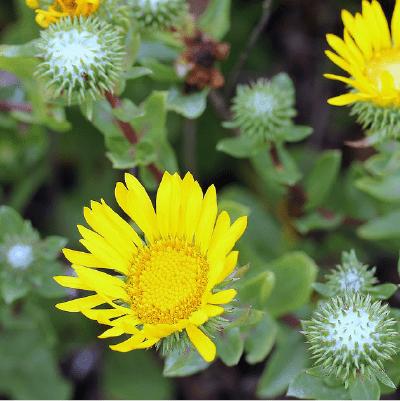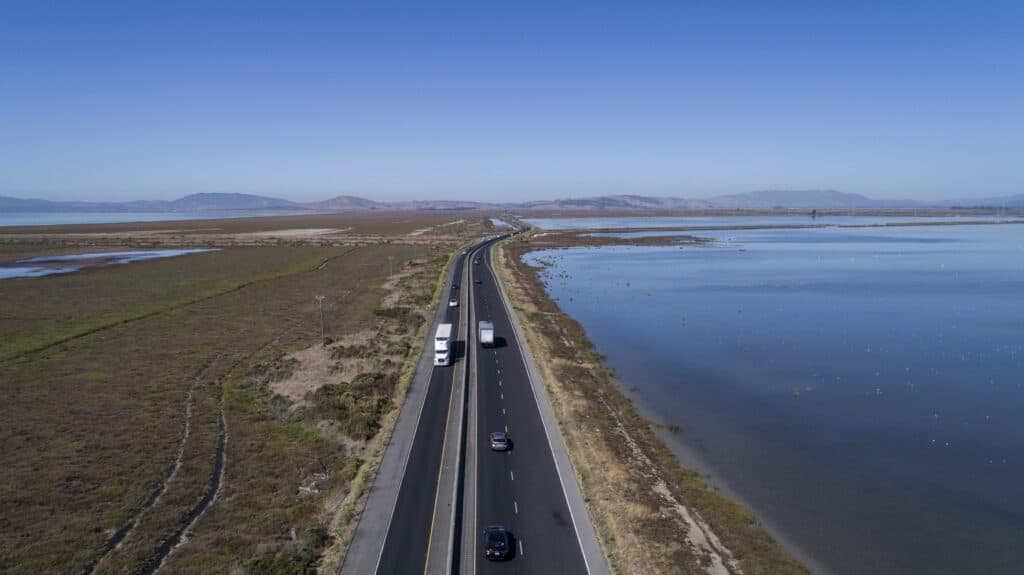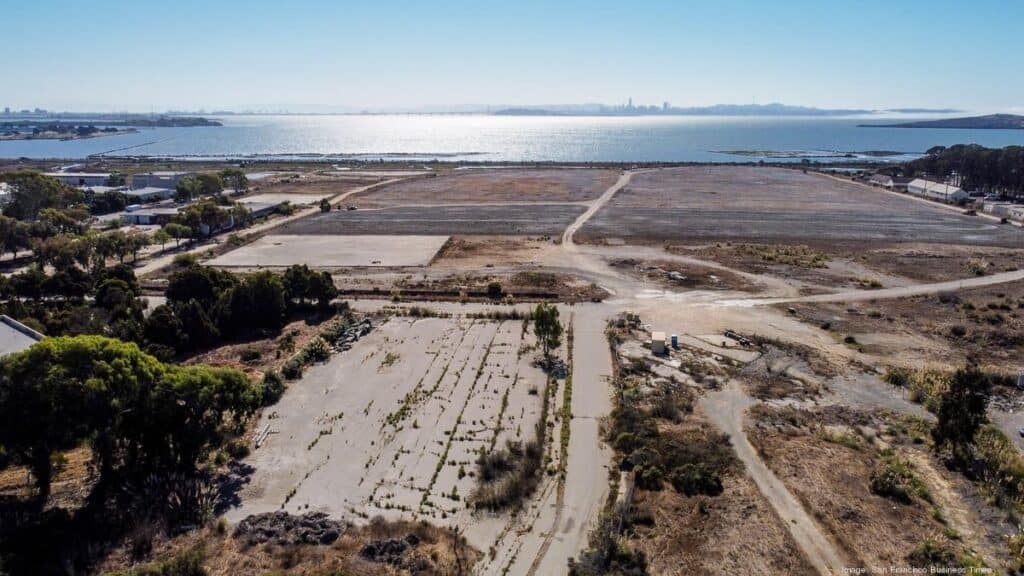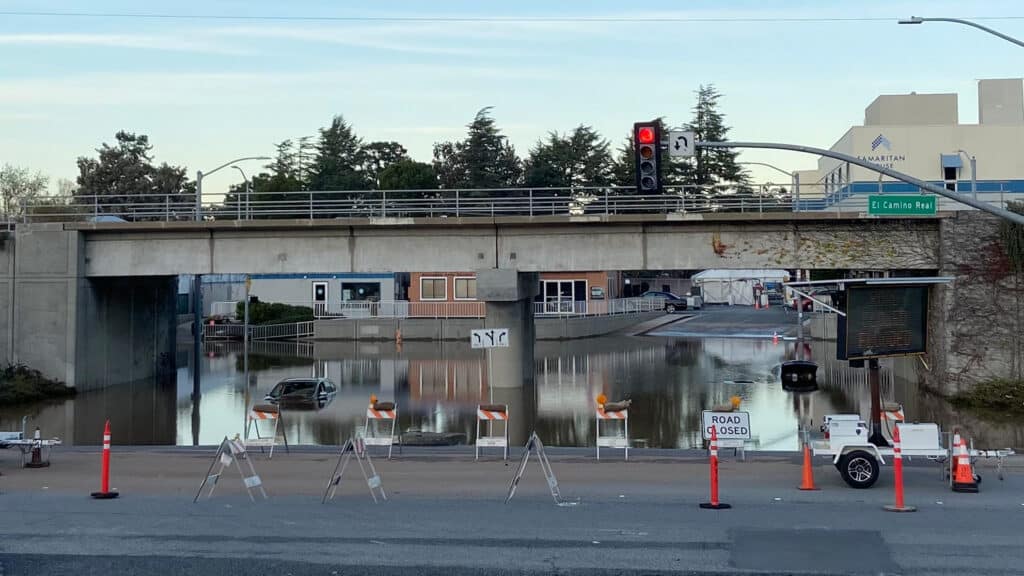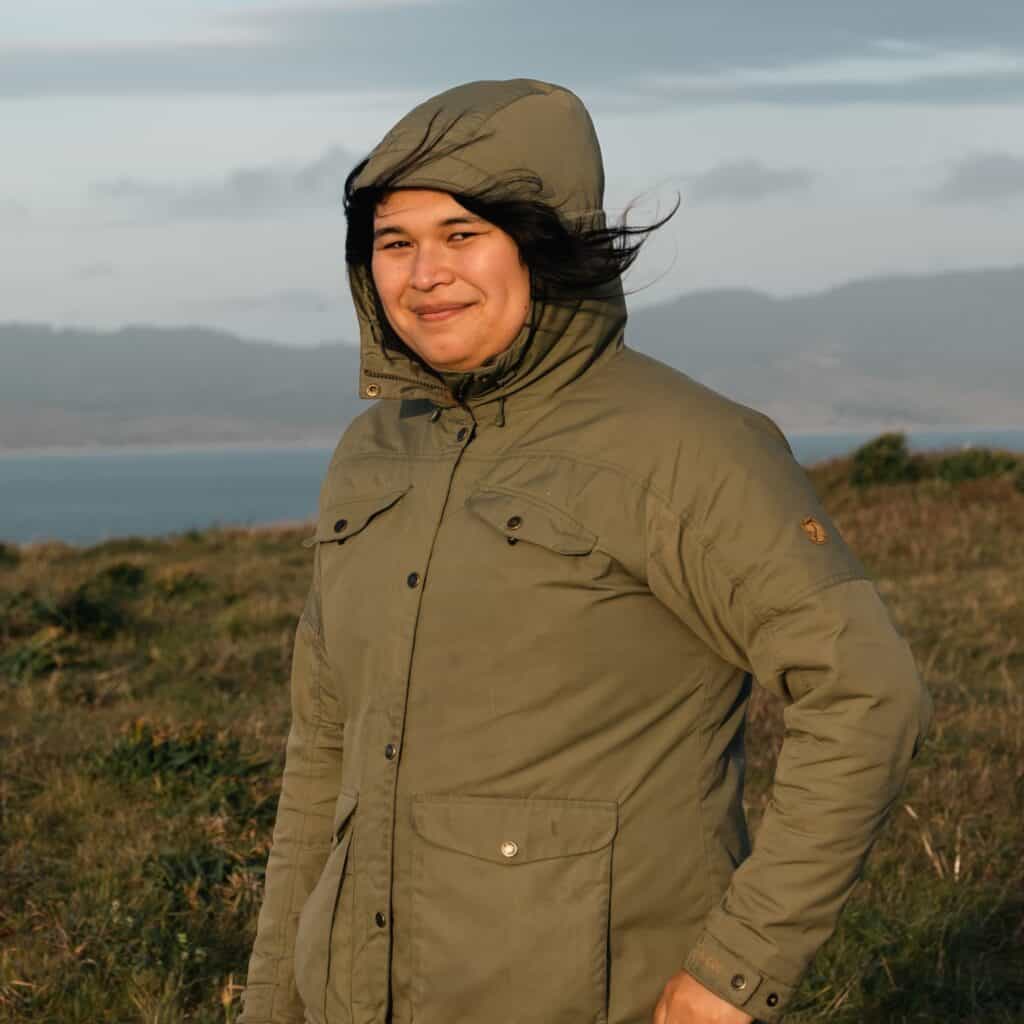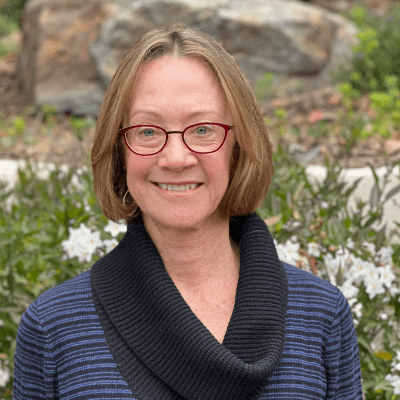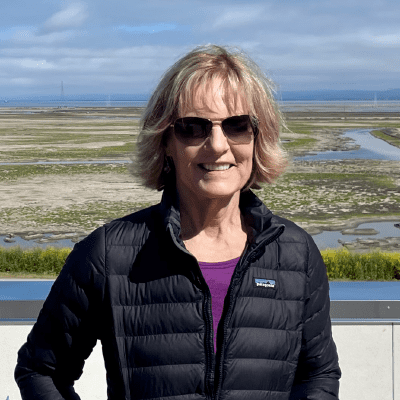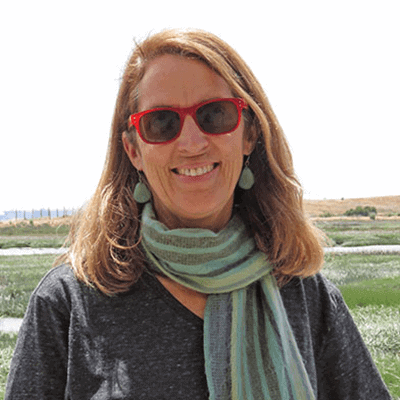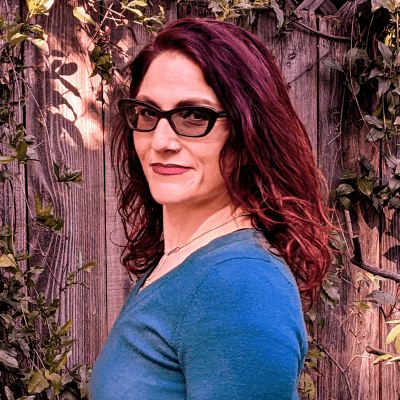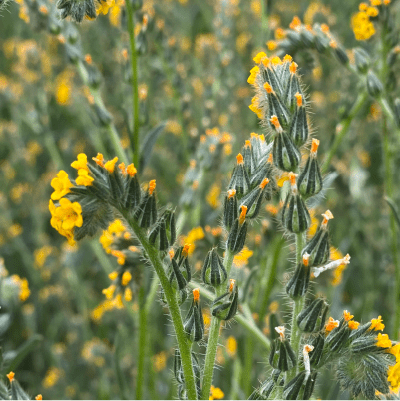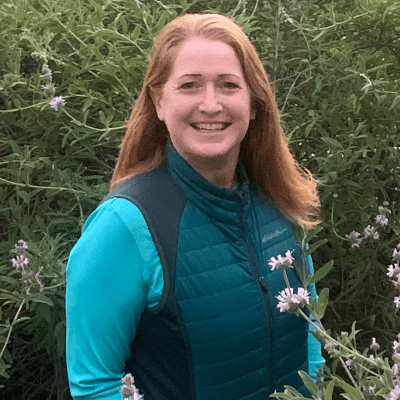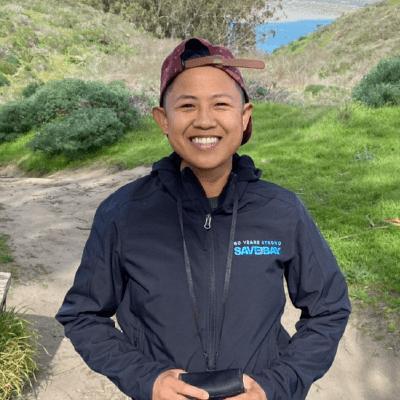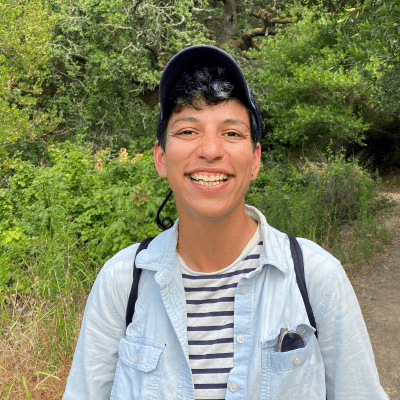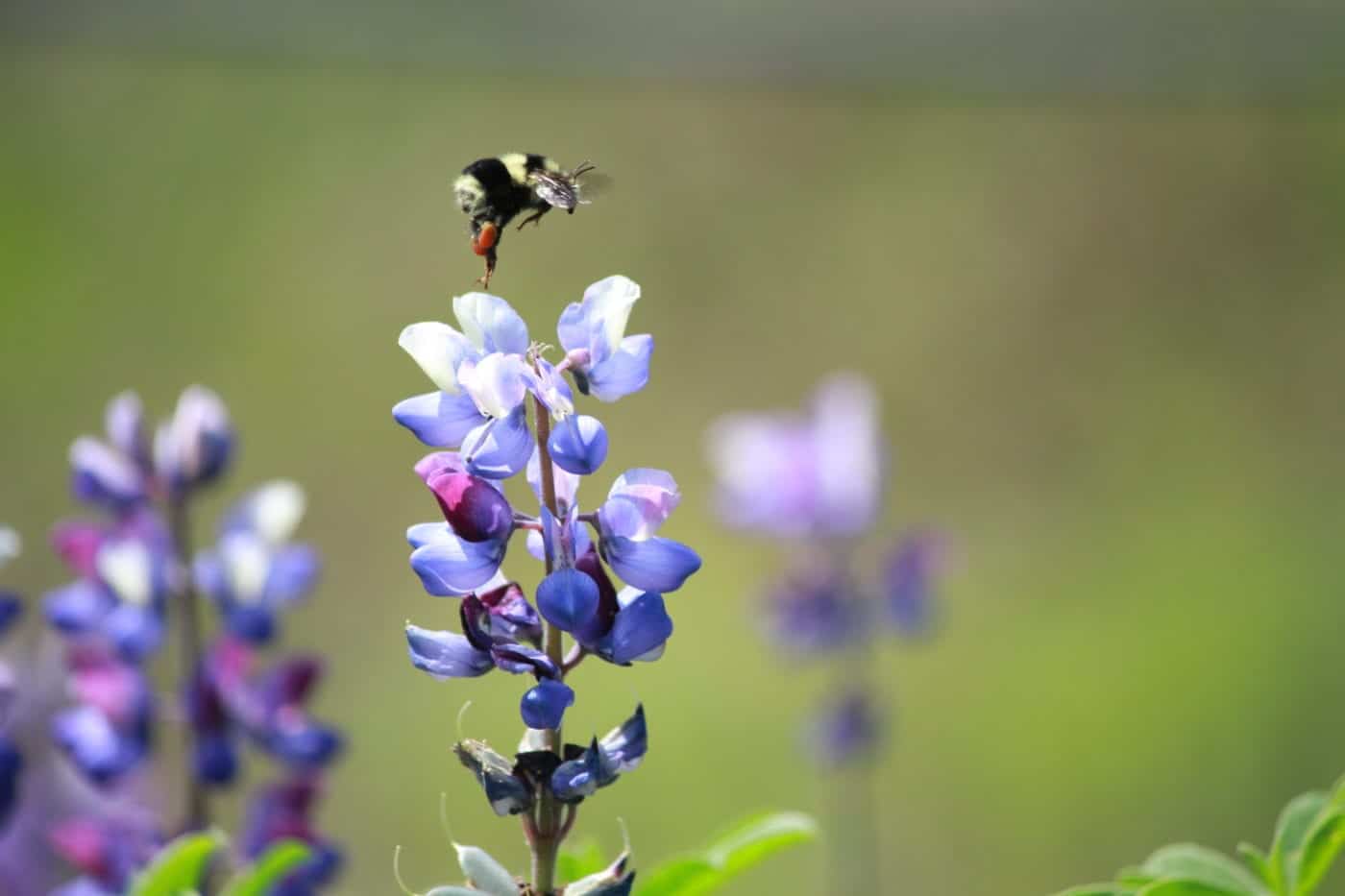
By Juliana Medan Bees are incredibly important for the wellbeing and survival of countless species, including our own. European honey bees are essential for agriculture. Native bees, of which there are over a thousand species, are very important for California native plants and ecosystems.
Bees play such a vital role in our environment, yet their wellbeing is threatened. Bees are responsible for pollination– making food available for other organisms, allowing for floral growth, and providing habitats for insects and birds. For the past ten years, beekeepers have reported annual hive losses of more than 30 percent. Bee populations have been dwindling for a few reasons.
- Widespread use of pesticides and GMOs is a primary cause
- Climate change and habitat fragmentation
- Forced into monoculture
- Viruses and pests
As these pollinators disappear, the health and viability of crops are increasingly imperiled. With one in four wild bee species in the U.S. at risk of extinction, it’s vital that we we protect the remaining populations.
Lucky for us, there are a few different places to start. Here are the ways you can help:
Plant native species that are especially preferable to bees. “Bee gardens” are small or large garden areas designed specifically to be prime pollination spots for bees. Some components of a proper bee garden include the exclusion of hybridized plants that produce low amounts of pollen, the planting of a wide variety of flowers to ensure year-wide pollination, and the creation of a “bee bath.” You can plant a bee garden in any size, including your windowsill.
Some common bee-pollinated species that we frequently work with at our habitat restoration sites around the Bay include:
- Marsh gumplant
- California poppy
- California buckwheat
- California aster
- California rose
Monitor your pesticide use closely and follow all label instructions before use. Pesticides and herbicides can be dangerous for bees due to the harmful chemicals they contain.
Spread the word! Inform people about how important bees are to our survival, and take action to stop the effects of climate change. Protecting our precious environment will protect the species that call it home.










